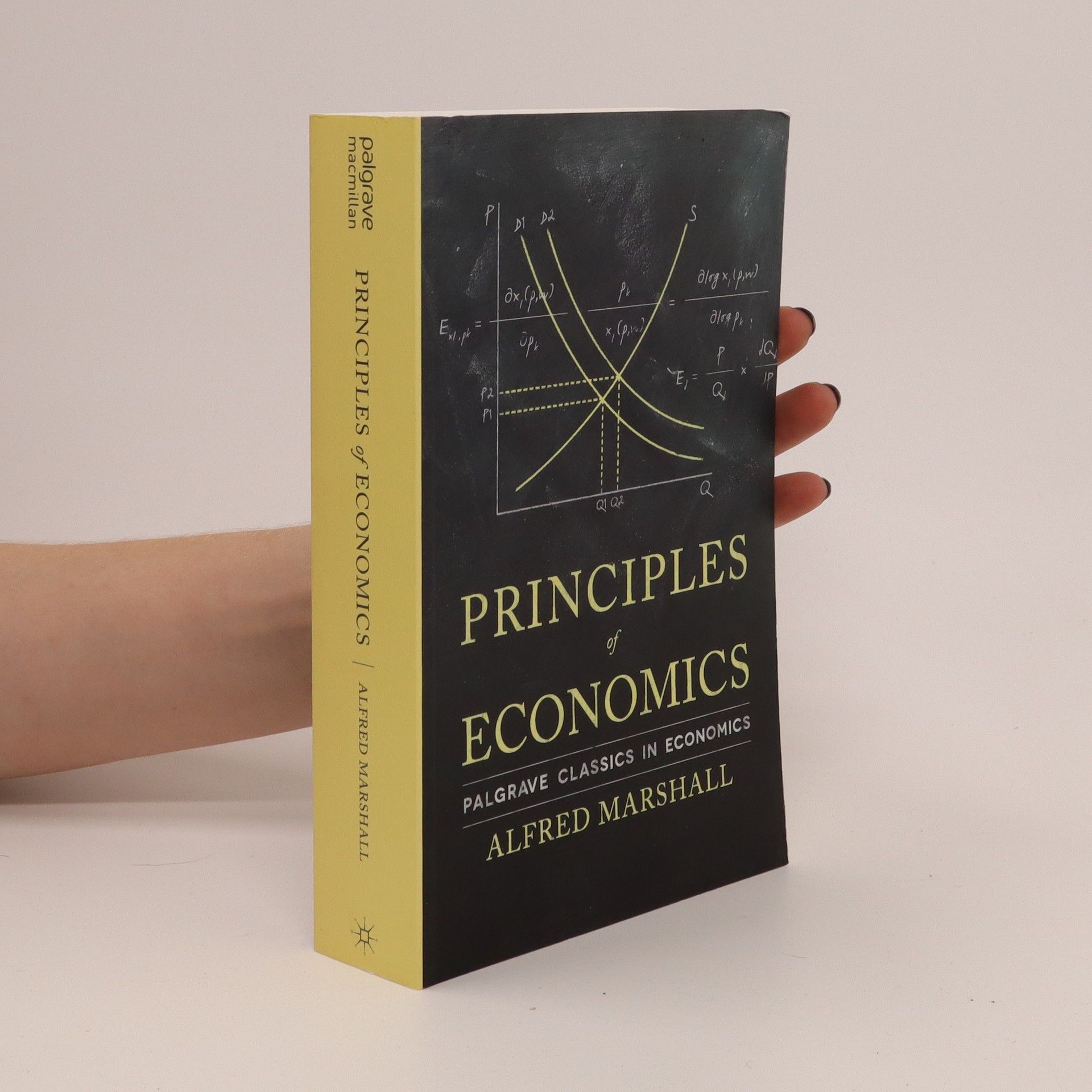Principles of economics
- 759pagine
- 27 ore di lettura
Alfred Marshall, Principles of Economics (1890) – Founder of Modern (Neo-classical) Economics. His book Principles of Economics was the dominant textbook in economics for a long time and it is considered to be his seminal work.



